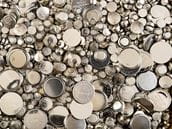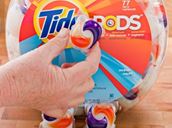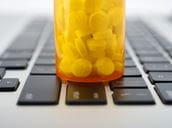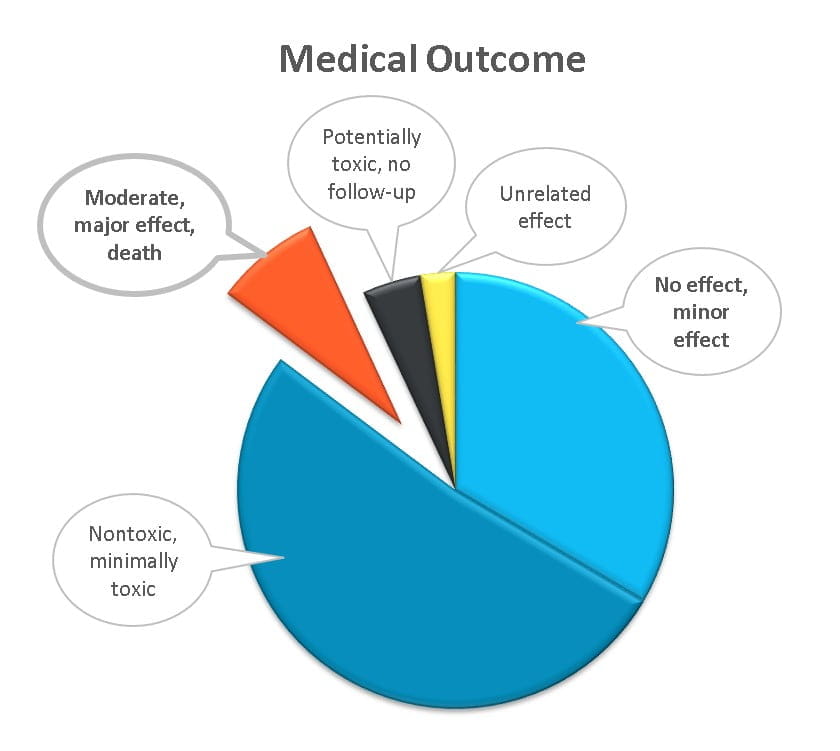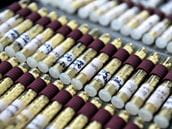
Homeopathic Medications for Children
Most homeopathic medications are not poisonous IF they are diluted correctly and don't contain alcohol. Some homeopathic products have caused toxicity, adverse reactions, and allergic reactions. Others don't contain any active ingredients and may not be appropriate treatment for a condition. FDA does not evaluate homeopathic




